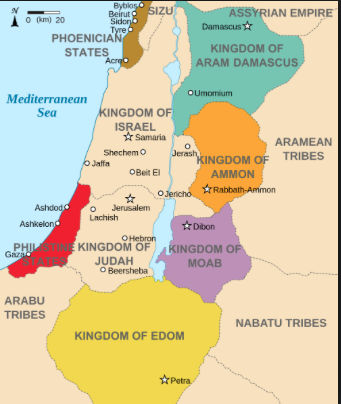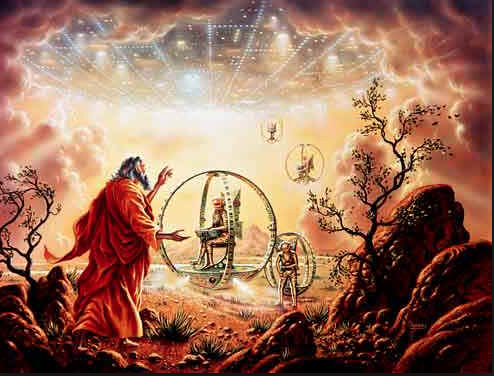I hope you all are ready to start a new book and a new journey! 1 Samuel is more like a story than poetry or prophecies that I have been blogging about recently! This book contains many of the occurrences that we learn about in Sunday school or Vacation Bible School growing up. I have enjoyed rereading these stories, because you get more or at least a new perspective out of this book than you did when you were younger. Hope you all enjoy as we get introduced to Samuel in this post!
There was a man from a city north of Jerusalem (in Ephraim) and his name was Elkanah. Elkanah had two wives – Penninah with whom he had two children, and Hannah who had no children. Every year Elkanah would go to Shiloh and worship and honor God, and he would portion out the animal that he sacrificed, always giving Hannah the larger portion for he loved her even though she was labeled as unable to have children. Hannah was so sad about not being able to have children. One year at Shiloh, Hannah left sad and ran into Eli, the priest. She begged God, and Eli knew it was all heartfelt, to give her a child. She would dedicate this child to God, and raise the child as pure as possible (not even shaving hair – remember Samson). Eli told Hannah that her wish to conceive would be granted. She bore a son and named him Samuel. Once she was able to wean Samuel, she returned to Shiloh and to Eli the priest and gave Samuel to him. She had promised that her son would be there to honor and worship the Lord and she was keeping her promise. Imagine how hard it would be to give up the child you have been wanting to have for so long? Her faith was so strong. She left Samuel in Shiloh after she worshipped and honored God, so he could live his life honoring God!
Hannah then shares a beautiful prayer honoring God and how He fulfills His promises. One verse from the prayer that I felt was interesting was, “The LORD makes poor and makes rich; he brings low and he exalts,” 1 Samuel 2:7. God brings all kinds of circumstances for His people, but either way it is His plan and His glory being represented. God’s will overcome all and He is the strongest of all. Samuel then stayed with Eli and learned how to minister. The Word then flips to focusing on Eli, and how his sons were worthless. They were corrupt priests that wanted all things for themselves. They would take any part of the sacrifice for themselves, in spite of the rules laid out in Leviticus that said to do otherwise. Then they are compared to Samuel, who would meet with his mother yearly when they made their annual trip to Shiloh. She would bring him a robe, and Eli would bless them. God honored His relationship with Hannah and her faithfulness by having her conceive 3 sons and 2 daughters, when she had previously been labeled as barren. We then return to Eli who addresses his corrupt sons, for he shares that God would punish them. It was God’s will that they would be put to death – and in comparison, Samuel continued to grow righteously. Eli continued to warn his sons but never rebuked them, so God gives a sign to Eli that two of his sons would die on the same day, and then a faithful priest would rise and replace Eli, which you can probably guess that it will be Samuel.
Although visions from God were few at the time (1 Samuel 3:1), Samuel received a vision. There were not a lot of visions from God at this time because of the unrighteous and wicked set up of the people of Israel at this time. God kept calling out to Samuel one night, and every time Samuel heard his name he had assumed that it was Eli calling him from the room next door, and this happens a few times. God shared with Samuel, that the prophecy that had been against Eli and his sons would be taking place. After it was obvious and known throughout all the tribes of Israel that Samuel was the established prophet from God (1 Samuel 3:20). Samuel was in Shiloh where God continues to speak with and through him! Samuel will be very important for the rise of the kings of Israel, and we will see why in the coming posts!



